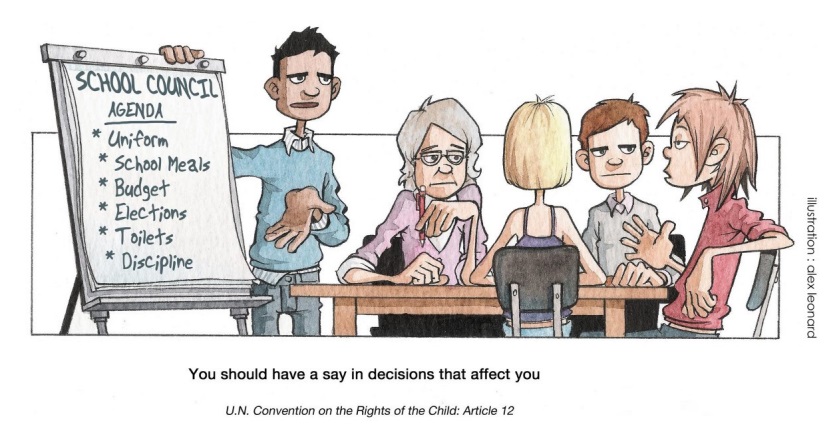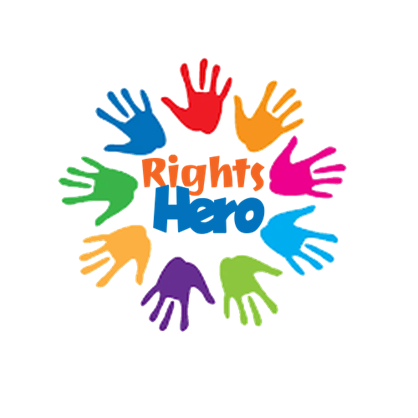 1. Electronic Game “The Rights Hero”
1. Electronic Game “The Rights Hero”
This project result will be an electronic game with realistic graphics suitable for the age group 9-14. It will feature stories/challenges that a hero has to undertake while learning about his rights in the process. The outcome is that the children get an understanding about their rights. The development of the 3D game will be based on the 2D game scenarios developed by Brunel University. The 3D game will be built with Unity, a popular Game Engine that is multiplatform. Unity platform allows the final game to be available for PCs but also as a Virtual Reality application (through VR headsets). Using state of the art technologies and game like 3D graphics, the teenagers will be able to learn in a novel engaging and enjoyable way. The 3D game will be in first person, taking place in an urban environment (modern city). The user will be able to visit different locations (Home, School, playgrounds, etc.). User actions will be awarding points and badges while relevant tasks will be appearing to the users relevant to the scenarios and the user’s actions (e.g. the student will have to deal with a non-acceptance situation at school, the student will find a locked down playground, will have to face problems at home, etc). The game mechanics and the final gameplay will be based on the scenarios that will be developed by the partnership.
2. Training Material for the training of teachers
The training material which is going to be developed in the framework of this project result aims to empower teachers of children between 9-14 to use the Rights Hero game in order to raise awareness of the rights of the children. This training material will consist mainly of a handbook (30 pages) which is going to be drafted with the contributions of the partners and translated in all partner languages. The handbook is going to include different information that would support teachers to organize training activities on the basis of the game such as: – training material (worksheets, flashcards, reference material related with the rights of the children etc) – educational scenarios (lesson plans with examples of organization of lessons based on the material) – guidelines with tips on the use of the resource and other practical information – specific information and ideas on the inclusion of vulnerable groups in the project activities This handbook is going to be complemented with videos, posters and other complementary educational material. Webinars are also going to be organized in the framework of this project result in order to build the capacity of the teachers to use the game in their own classes in order to increase the awareness of the children on their rights. These webinars are going to be organized online in all implementing partner countries (Greece, Italy, Denmark, Romania) as well as at an international level. The length of each webinar will be 2 hours.
3. Impact Assessment Report
This report will be the final outcome of the implementation phase. It will consist of: – Feedback from the teachers on the impact of the implementation of the method with their students – Case studies of specific students that have benefited significantly from the implementation of the approach – Analysis of the transferability potential of the method on the basis of the results from the implementation – Policy Recommendations
